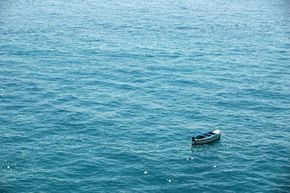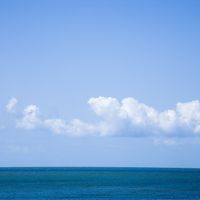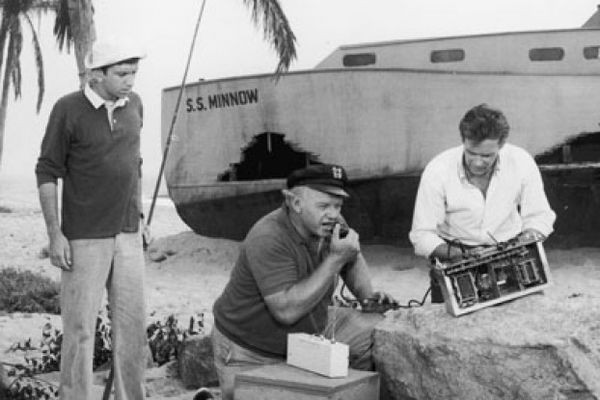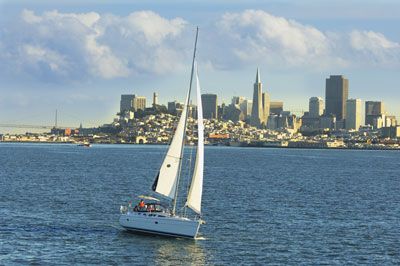It's early November and you and your college roommate are amazed by the unseasonably good weather. To enjoy the crisp, sunny day, you decide to take your roommate's dad's new 28-foot sport-cruiser boat out for a day trip on Lake Huron. Driving the boat is even more fun than you thought it would be. Before you know it, you've been out for most of the day. Just as you decide it's time to head back, there's a really loud sound and suddenly the boat's motor stops. After several attempts to restart the motor, you realize it's dead. Great, now you and your friend are stranded on the boat, it's getting cold and it'll be dark soon. What are you going to do?
Even though you can see land in the distance, swimming isn't really an option. Although the water isn't too choppy right now, it's pretty cold. In water temperatures of 40 to 50 degrees Fahrenheit (4 to 10 degrees Celsius), you can suffer exhaustion in as little as 30 minutes and develop hypothermia in as little as an hour. Even if you're a good swimmer, you couldn't expect to go more than about a mile in these conditions before becoming fatigued. At that point, you would find yourself too far from the boat to return and still way too far from shore. As the effects of hypothermia set in, you could pass out and eventually drown.
Advertisement
The temperature is dropping and it'll be dark soon, so you need to work fast. The things you need to think about right now are:
- Signaling for help
- Water
- Exposure to the elements
- Food
There are several devices that stranded boaters can use to notify people of their situation:
- EPIRB (Emergency Position Indicating Radio Beacon)
- Dye packs or water markers
- Flares
- Reflective devices such as mirrors or watches
- Horns or other sound alarms
In the next section, we'll go into more detail about how to use these devices to signal for help.
Advertisement




